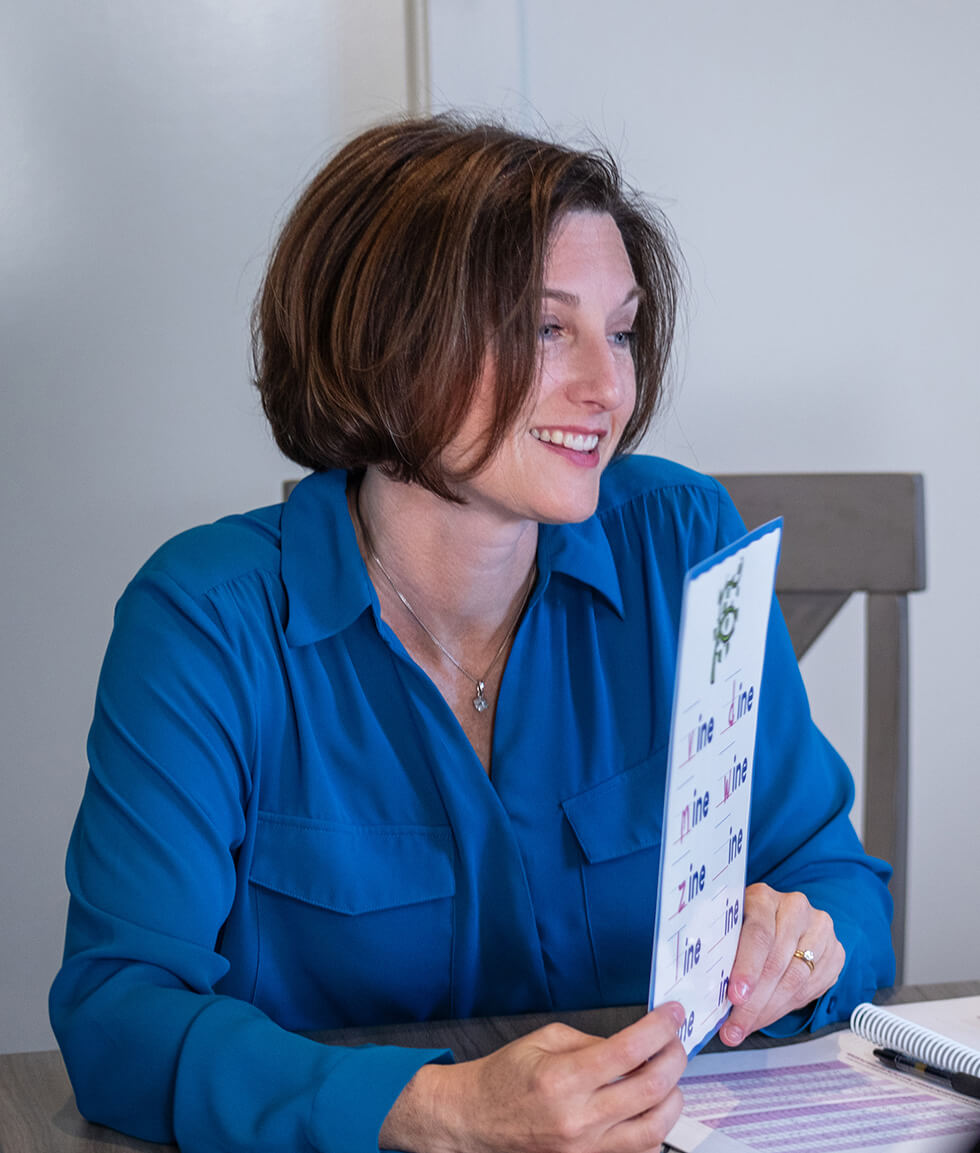FAQs for Our Educational Assessments Edmond
We are here to provide knowledge and support to help you advocate for your child.


You can find the answers to frequently asked questions about Educational Inspiration’s services below. To learn more about the disorders we diagnose, please browse our DLD and Dyslexia FAQs.
Of course, if you have any additional questions, we would be happy to discuss them with you.
FAQs About Our Services
Do You Accept Insurance?
We do not. Educational Inspiration is a specialized boutique clinic. We operate on a private-pay basis, ensuring that we maintain the highest level of attention and tailored care for each family.
For Which Age Groups Do You Provide Evaluations?
Educational Inspiration provides evaluations for children and adolescents ages 5-17 years old.
How Much Do You Charge?
Our educational assessments Edmond are done by a certified speech-language pathologist and reading specialist. They are comprehensive, typically lasting 5 hours total, and completed in two days. The fees vary depending on the purpose of the evaluation.
Educational Inspiration complies with the No Surprises Act of 2023 that protects families from surprise healthcare bills. The total cost is determined during your consultation and provided in writing when appointments are scheduled.
Do You Provide Therapy for Reading/Dyslexia and Language Needs?
At Educational Inspiration, we have dedicated ourselves to specializing in evaluations and diagnostics. By focusing solely on this aspect, we have honed our expertise to provide the utmost assistance you deserve.
After evaluations are complete, we provide recommendations for specialists who can assist you with your child’s specific treatment needs. We do not provide therapy/treatment.
What Types of Diagnoses Can You Provide?
Our experienced speech-language pathologist can provide diagnoses on a range of language-based disorders, including dyslexia, Developmental Language Disorder (DLD), and other reading and writing challenges. Diagnoses may be given upon evaluation.
How Long Does It Take to Receive Evaluation Results?
Once your child’s evaluation is complete, we typically provide a comprehensive report within one month. However, results may be delivered earlier when possible. This detailed report includes test results, diagnoses, and tailored recommendations to guide your next steps in supporting your child’s needs.
FAQs About IEPs and Special Education
Does a Diagnosis Mean My Child Will Receive an Individualized Education Plan (IEP) at the School?
Our evaluations are often used by families as evidence that a child needs additional school support. Sometimes, this results in an IEP, 504 plan, or other school support; however, a private evaluation or diagnosis is never a guarantee that a school or any other entity will take any action.
Schools must determine that a child meets school eligibility criteria under the Individuals with Disabilities Education Act (IDEA) to receive school support, such as an IEP or 504 plan. IDEA criteria are different than clinical criteria.
Why Did the School Say My Child Does Not Qualify for Special Education Services When I Have a Diagnosis from Your Clinic?
Schools must determine that a student meets eligibility criteria according to the Individuals with Disabilities Education Act (IDEA). This means that even if your child has obtained a private diagnosis, the school may conclude that this need does not qualify for school-based services.
IDEA and district criteria are different than those used by private practice professionals.
Is a Speech-Language Pathologist Qualified to Diagnose Dyslexia?

Yes. The American Speech-Language Hearing Association (ASHA) and the International Dyslexia Association (IDA) recognize the qualifications of speech-language pathologists to diagnose dyslexia.
The Oklahoma Speech-Language Hearing Association (OSHA) also supports SLPs diagnosing reading disorders, including dyslexia.
ASHA clearly states that one of the responsibilities of SLPs includes diagnosing reading and writing disorders, including dyslexia. IDA expresses that qualified professionals making a diagnosis are often speech-language pathologists.
To share information with your school about why SLPs are exceptionally qualified to diagnose dyslexia, download the position statement of the Oklahoma Speech-Language Hearing Association.
Why Choose a Speech-Language Pathologist for Educational Assessments Edmond?
A certified speech-language pathologist (SLP) is uniquely trained to understand the intricate connections between language development and literacy skills. They are skilled in identifying underlying language issues that can impact reading, writing, and academic performance. Their specialized knowledge ensures comprehensive educational assessments Edmond that address both language and learning needs.
Learn more about our speech-language pathologist and reading specialist, Nicole Power.

